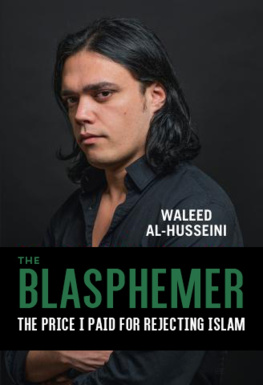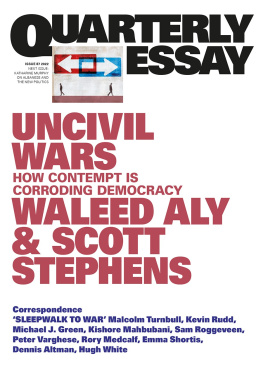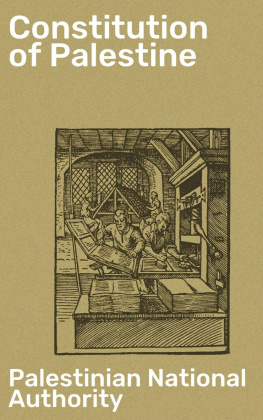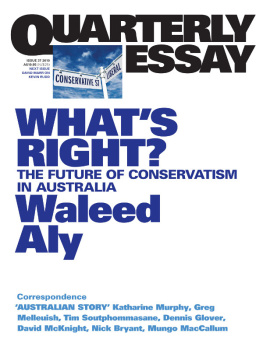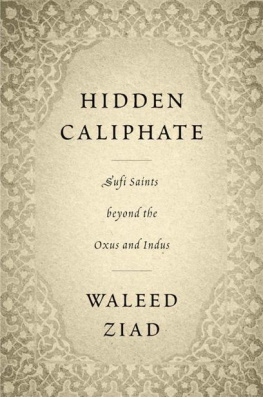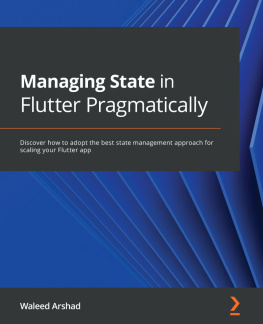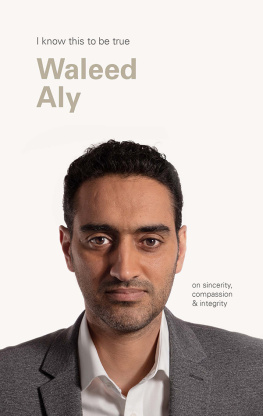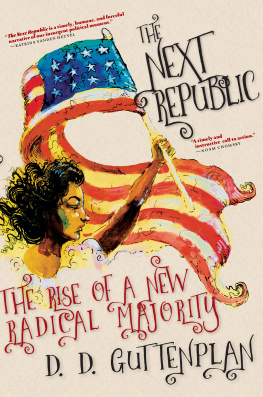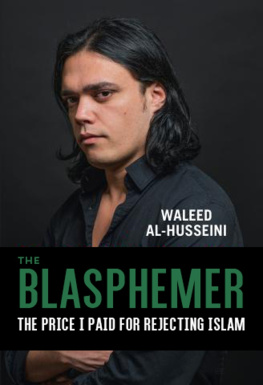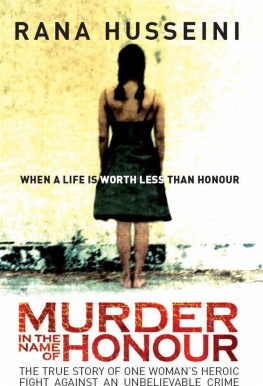First published in France as Blaspmateur , 2015
First Arcade edition 2017
Editions Grasset & Fasquelle, 2015
All rights reserved. No part of this book may be reproduced in any manner without the express written consent of the publisher, except in the case of brief excerpts in critical reviews or articles. All inquiries should be addressed to Arcade Publishing, 307 West 36th Street, 11th Floor, New York, NY 10018.
Arcade Publishing books may be purchased in bulk at special discounts for sales promotion, corporate gifts, fund-raising, or educational purposes. Special editions can also be created to specifications. For details, contact the Special Sales Department, Arcade Publishing, 307 West 36th Street, 11th Floor, New York, NY 10018 or .
Arcade Publishing is a registered trademark of Skyhorse Publishing, Inc., a Delaware corporation.
Visit our website at www.arcadepub.com.
10 9 8 7 6 5 4 3 2 1
Library of Congress Cataloging-in-Publication Data is available on file.
Cover design by Erin Seaward-Hiatt
Print ISBN: 978-1-62872-675-6
Ebook ISBN: 978-1-62872-674-9
Printed in the United States of America
Table of Contents
Preface
I n this book that tells my story, I would have liked to write more about my parents and my family and describe them as they are: people of modest means, peaceful, loving, and calm. My father worked, as he still does, so that his family could live with dignity. He always wanted his children to attend university, to have a better future. My brothers and sisters persevere in their studies, knowing my parents hopes for them and what they sacrificed for those hopes to come true. This is my family, for whom I have caused so much suffering and who has always supported me. They are my greatest pride.
Today, it is my turn to protect them and to spare them any further pain by avoiding more conflict with those who would oppose me in my fight. In Palestinian society, any citizen who dares to uphold the freedoms of speech and of religion runs serious dangers, and their families live under constant threat from both their fellow Palestinians and the Palestinian Authority. My father, mother, brothers, and sisters have had to endure disparaging remarks from their own relatives, cutting comments from neighbors, and withering looks from practically everyone else. Ever since I left my homeland in the pursuit of Truth and Freedom, I have become, in the eyes of all these people, a stain and a dishonor, to be washed clean at my familys expense.
Obscurantism is on the rise in Palestinian society, and I continue to be threatened both directly and indirectly through my family. For this reason, I have chosen to keep any mention of my private life and my relations with my family to a strict minimum.
Introduction
Letter to My Brothers
I have never felt hostility toward Muslims. They are all my brothers in humanity. However, the collapse of our societies drives me to despair, and religion is in large part responsible. I respect those who believe, but I despise with all my being their leaders and the ideology that they preach.
If you ask imams why Muslim societies are in such a catastrophic state, they will respond with their usual cynicism: the reason is that we have left the path of Allah and Islam.
Dear brothers in faith, you would do better to rely on your own intelligence rather than listen to the ready-made arguments of these imams. If what you seek is indeed truth and integrity, if you refuse to content yourselves with texts chosen to shore up unproven tenets of belief, you will never be satisfied with their answers.
My Muslim brothers, I know that you face an existential crisis. Religious leaders are pulling the wool over your eyes with their slogan: Islam is peace, forgiveness and charity. Nothing could be further from the truth. Islam is the religion of war, battles, massacres, and jihad waged against unbelievers. The Quran tells the faithful to spread the word of Allah around the world, and history, which is rife with conquests and forced adherence to Islam, is proof of the results.
They lull you into submission by telling you that Allah created you as nations and tribes so you would come to know one another and fool you by proclaiming: There are those who believe and those who deny. The truth is that the impure are executed, atheists are persecuted, and Jews and Christians are hounded.
They will tell you that Islam liberated women and put them on equal footing with men. Yet they uphold polygamy, authorize corporal punishment of women, refuse to admit womens testimony in court, and have deprived women of their inheritance rights. As far as they are concerned, our mothers, sisters, and wives belong in Hell.
In contrast to the steady progression and modernization of the rest of the world, Muslims are on a regressive path. Their imams hold them back in order to rebuild the Caliphate. Their goal: to return to the raids and sectarianism of tribal life.
Under Islam, basic human rights and precepts are trampled. The principle of religious freedom for Muslims prevents others from exercising their faith. The equality they profess excludes women and other religions. For them, history began with the Prophet, and everything that preceded him is nonsense.
Yes, my brothers in humanity, I understand your dilemma. But are you for equality and justice or not? Do you believe in basic human rights? Do you respect others? Do you want to live in peace with your neighbors? Will you oppose violence and promote dialogue? You have probably already asked yourselves these questions. Often, however, too often, Muslims give a lukewarm response: they want freedom, aspire to equality, and pledge allegiance to human rights but only if these do not run afoul of Islam.
This book is the story of my experiences and explains my thinking. I hope it will help my Muslim brothers to think for themselves, to fight obscurantism with rational intelligence. My wish is that it will help free them from this sinister religious relic. Will it also inspire non-Muslims to recognize the danger Islam poses for secular societies? Will it encourage them to pay attention to what is happening in the Muslim world today to better protect themselves against it? I sincerely hope so.
There is one thing of which I am sure: whoever reads this book will finish it reassured that, whether they live in a poor neighborhood in a large European city or an entire country where Islam holds sway, they are not alone. They will find in these pages a little more courage to call themselves ex-Muslims.
Waleed al-Husseini
Chapter I
The Roots of Indignation
Early Childhood
I was born and raised in Qalqilya in the West Bank. My family is Muslim, conservative, and pious, but moderately so. In the Palestine where I grew up, religion was not a choice and still is not. By an inescapable logic, a child inherits both a name and a religion at birth. I became a Muslim by tradition and by education, not by choice. For my parents, who were hardly extremists, Islam was the greatest of all religions: a glorious faith that could work miracles, grow minds, and open hearts, among other magical formulas I heard at home.
For my mother and father, Islam, like sexuality, was a line drawn in the sand. Crossing it was absolutely taboo. They respected the customs of their faith and passed down, first to me, the eldest son, and then to my five sisters and two little brothers, the traditional education that had also been theirs. Like all Muslim families, they applied to the letter the teachings of the Prophet so that his words might come true: On the Day of Judgement, I will be proud of your multitude before the nations.

